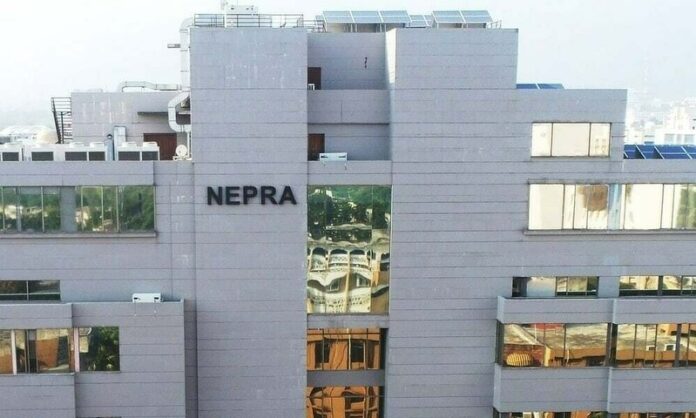The National Electric Power Regulatory Authority (Nepra) on Thursday questioned the Water and Power Development Authority (Wapda) over its request for an 80% increase in the average power tariff for fiscal year 2025-26, from Rs 3.11/kWh to Rs 5.68/kWh.
According to media reports, the public hearing, chaired by Nepra officials, highlighted concerns over Wapda’s request for Rs 364 billion in funding, which would increase the base tariff by Rs 2.57 per unit.
Wapda has also asked for a return on investment (RoI) increase, with a 172% rise in RoI projections for power stations, from Rs 36.77 billion in FY 2022-23 to Rs 99.64 billion for FY 2025-26. Alongside this, the utility has proposed a significant increase in salary expenditures and additional funding for loan interest on ongoing development projects.
The request for tariff hikes comes as Wapda projects its cumulative revenue requirement to surge by 165.5% to Rs 364.87 billion, up from Rs 190.91 billion in 2022-23. The proposed changes would affect various levies, including Net Hydel Profit (NHP) and water usage charges for various regions, with the NHP allocation seeing slight changes for Khyber Pakhtunkhwa and Punjab.
The public hearing also saw Nepra members questioning the efficacy of completed hydropower projects. Nepra Member (Technical) criticized Wapda’s performance, asking for specific examples of projects that met their production targets. Wapda officials responded that the performance should be viewed in terms of the organization’s overall contribution, but this did not satisfy Nepra members.
Furthermore, concerns were raised over the escalating costs of Wapda’s major projects, such as the Dasu hydropower project. Originally approved for Rs 486 billion in 2014, the project’s cost had risen significantly, with the latest estimate pegging it at Rs 1,738 billion. Nepra questioned whether consumers should bear the costs of these escalations.
Wapda officials defended the project cost increases, stating that delays were inevitable due to factors like inadequate water reservoirs, which led to substantial flood damage. However, Nepra officials pointed out that hydropower, once considered a cheaper energy source, now faces cost increases due to these delays and inefficiencies.
The committee’s scrutiny of Wapda’s request included a call for greater transparency regarding project funding and efficiency in implementation. Members emphasized the need for a more competitive and efficient approach to managing energy costs and questioned whether consumers should be responsible for financing costly delays in the energy sector.
As discussions continue, Wapda’s request will be reviewed further, with the possibility of adjustments or revisions depending on the progress of talks and Nepra’s final decisions.




